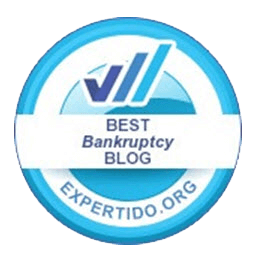Going through periods of financial unrest can be a harrowing process, and similar concerns can affect your life in various ways. One of the most imposing aspects of financial struggles could involve dealing with constant phone calls and letters from various collection agencies.
Although there are rules and regulations that govern how debt collectors must behave while speaking with debtors in South Carolina, some might not always adhere to these practices. If you do not fully understand your legal rights, there is a chance you might not know when a collector crosses the line.
Knowing your rights
Knowing your legal rights and understanding the rules that debt collection agencies must follow could be essential to preventing issues such as creditor harassment. Some examples of legal rights to be aware of may include:
- Accurate information: Debt collectors cannot attempt to mislead you or provide you with false information, and they must identify themselves prior to discussing account details.
- Request documentation: You also retain the right to request written documentation of account information, and this may even prove vital to verifying the validity of the claims.
- File a dispute: If you believe that the information on an account is inaccurate or that the debt is false, you also retain the right to file a dispute.
- Respectful treatment: There are also rules in place that provide you with protection against harassment and prevent creditors from calling outside of approved hours, issuing threats or using offensive language.
- Privacy protection: Creditors must also take steps to protect your privacy; there are rules that govern who they can reach out to and what type of information can or cannot be shared in the process.
Unfortunately, there are some scenarios in which debt collectors may go too far, and if you experience the trials of creditor harassment, you may wish to know more about the next steps to take to safeguard your legal rights.
Protecting your rights
It might not come as a surprise that the presence of debt collector harassment could only act to further complicate an already stressful situation. Taking steps to understand your legal rights and available options could help you better prepare to protect against such treatment. Seeking insight on all your options for relief may also help place you in a better position to make informed decisions about your situation and help you develop a strategy to reduce or eliminate your debts through the proper outlets.



